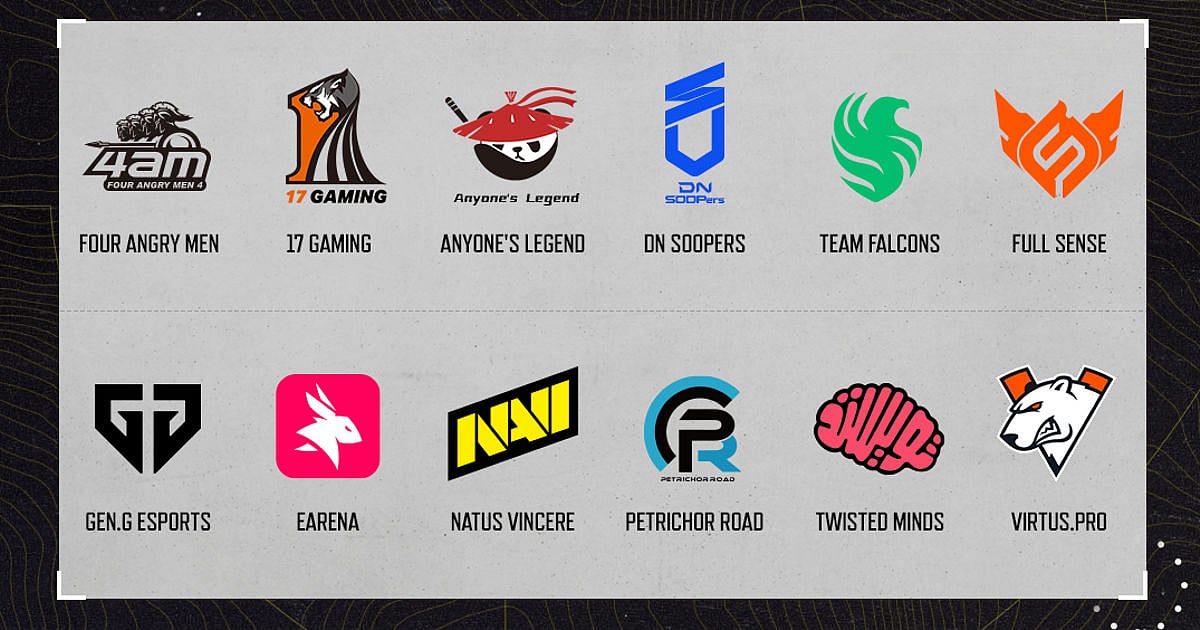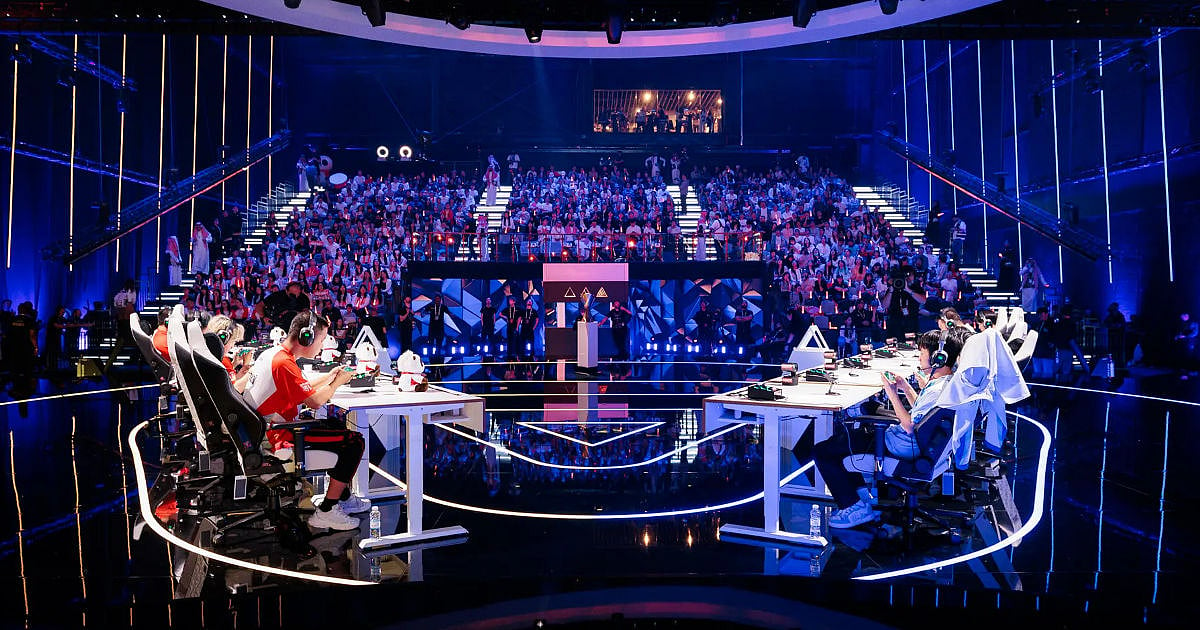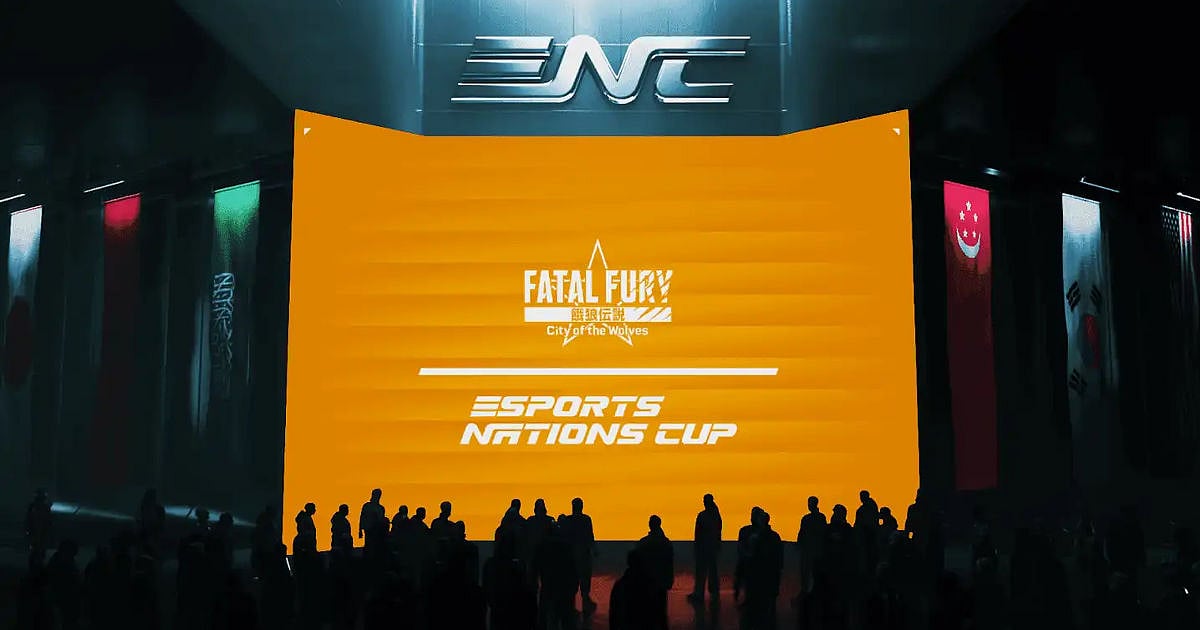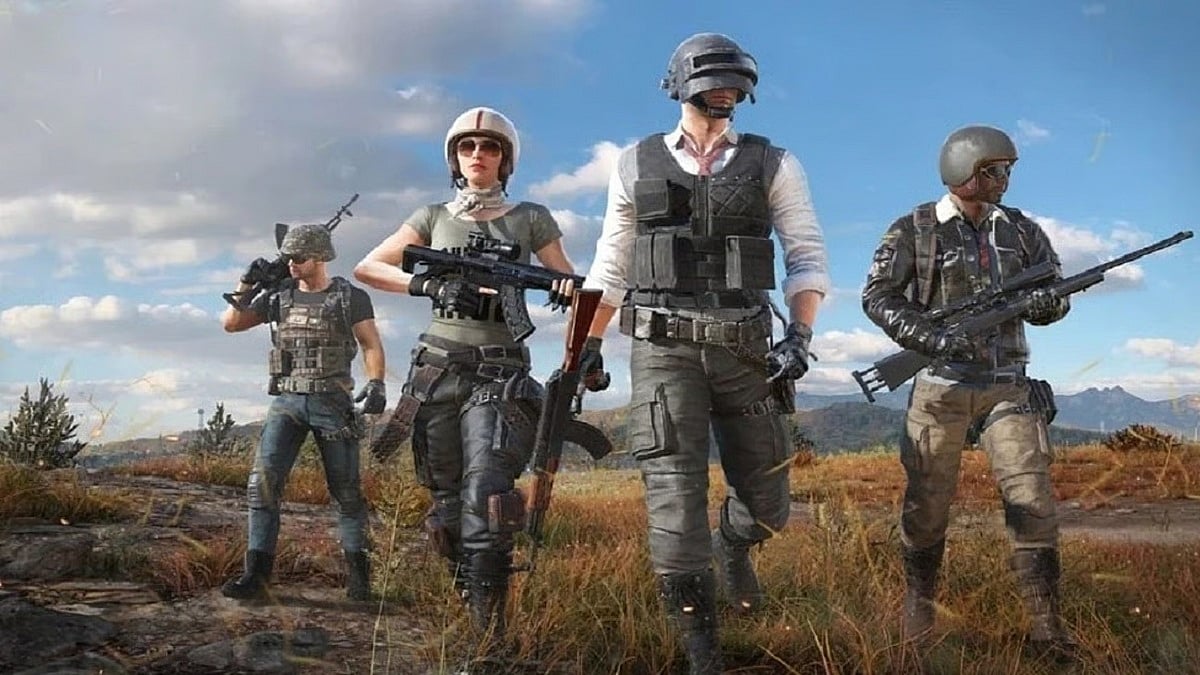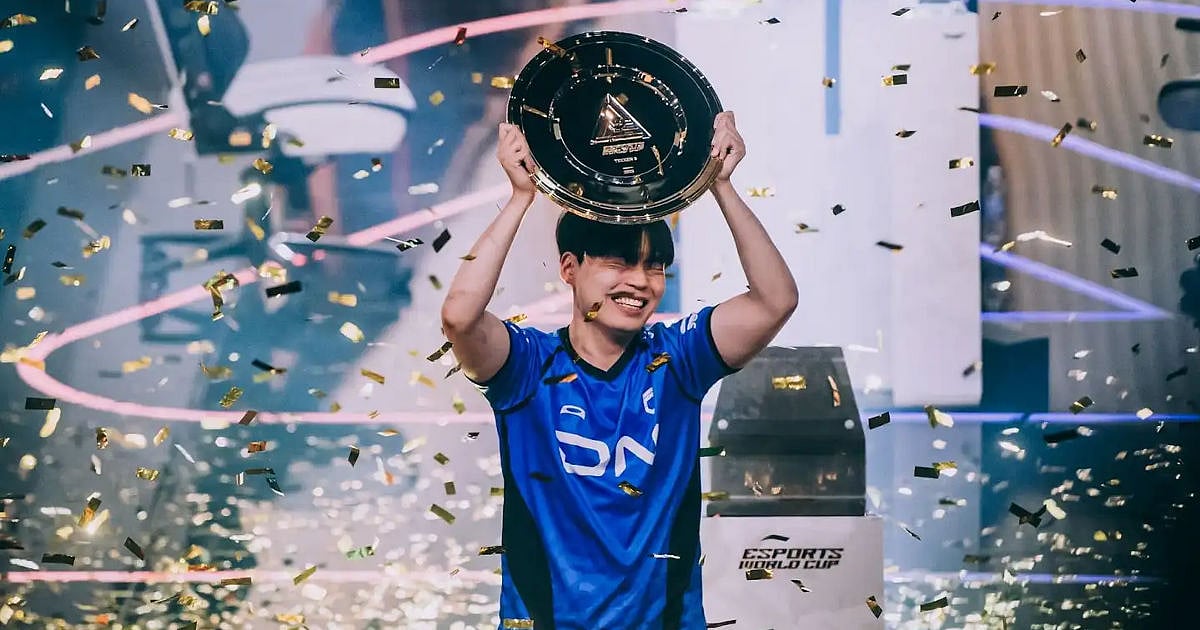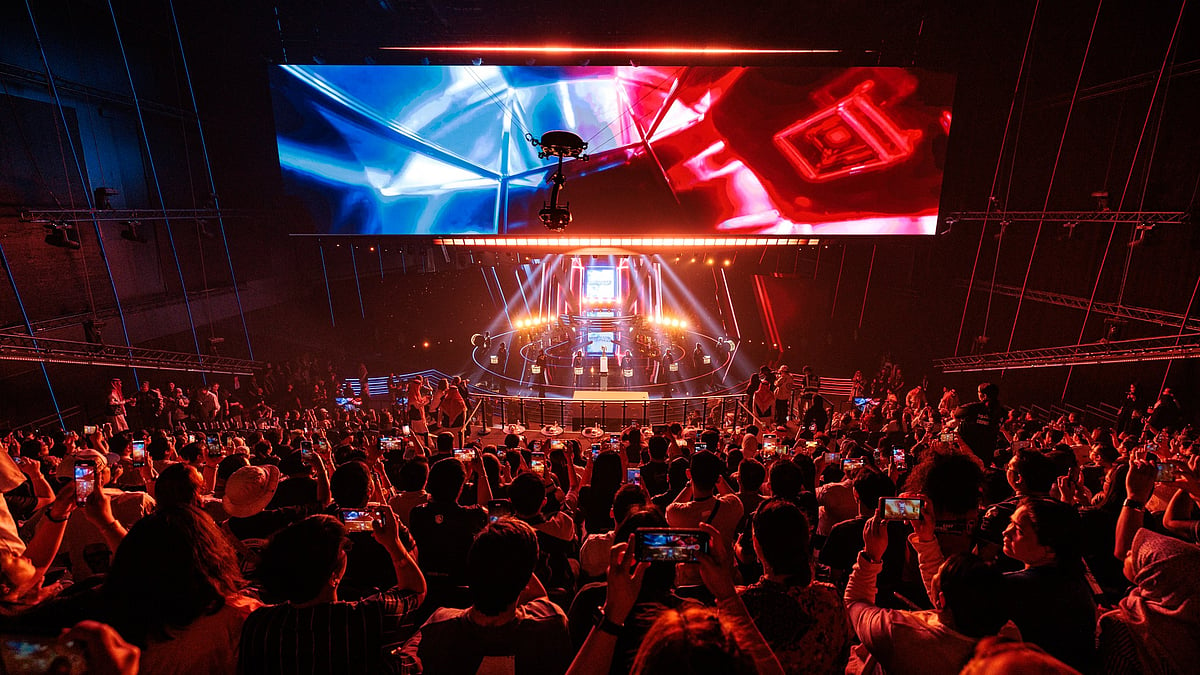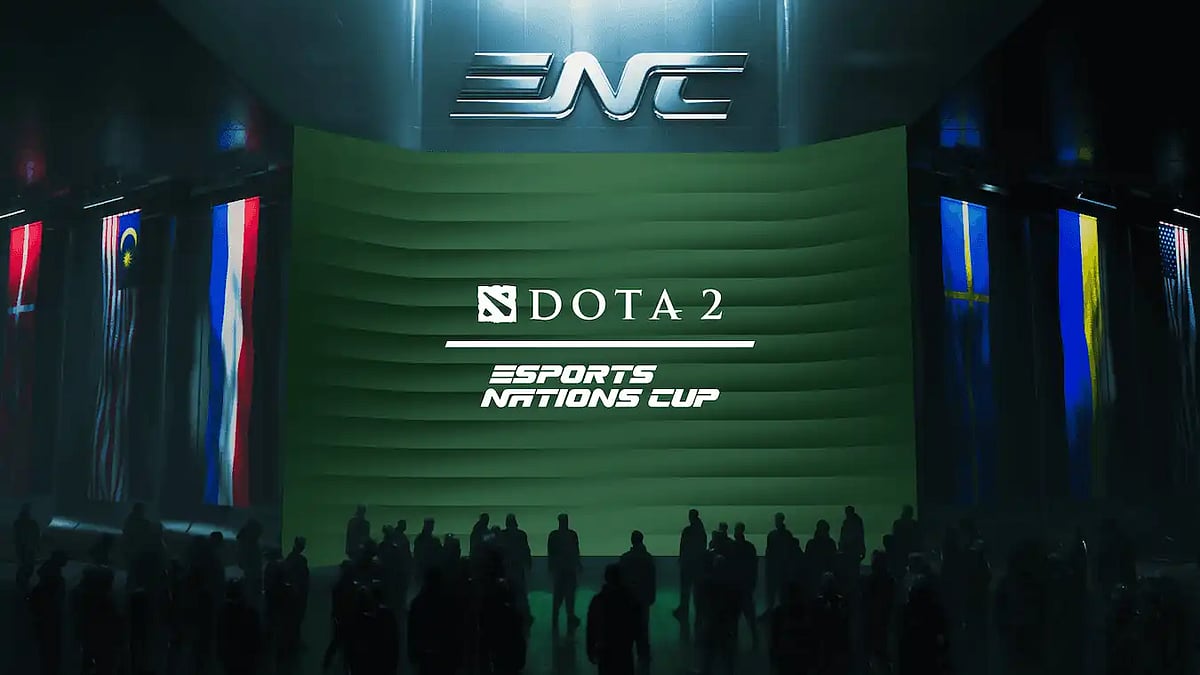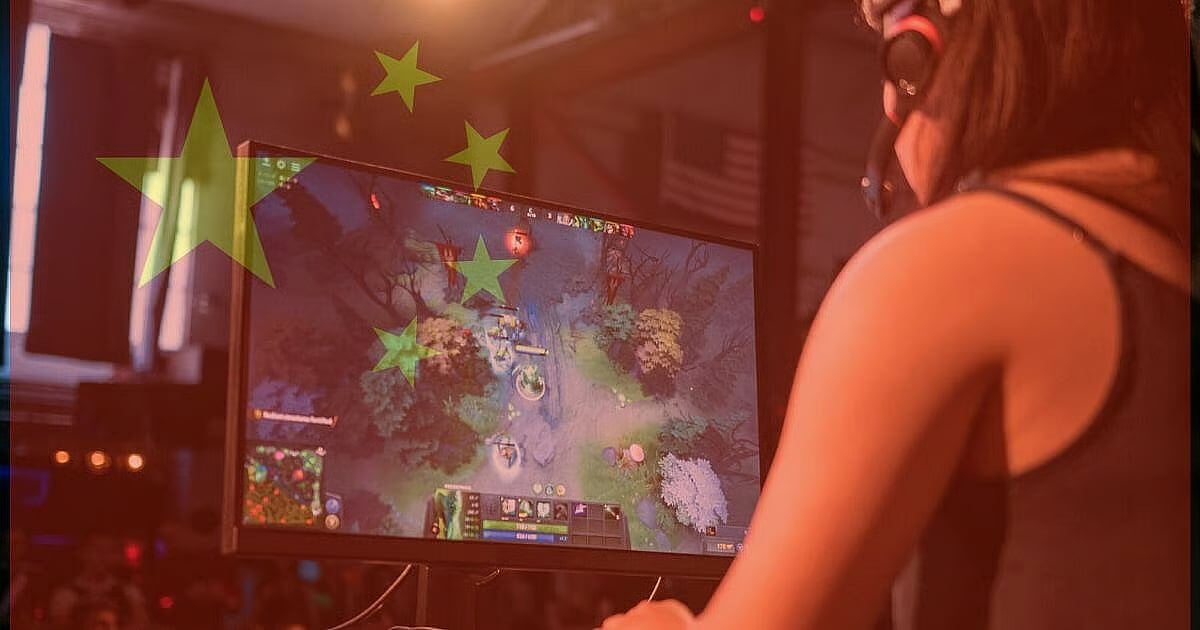
State of Gaming and Esports in China
State of Gaming and Esports in China
China is the world's largest gaming and esports market, with about 670 million gamers, according to Niko Partners. The country represents 25% of global video game revenue. China's gaming ecosystem is mobile-first, but it also has a sizable presence in console and PC markets.
The Chinese gaming market generated USD 61.40 billion in 2024 and is projected to grow at a CAGR of 7.70% through 2034. Mobile games dominate the landscape, accounting for 76.2% of total gaming industry revenue at 225.4 billion yuan ($31.5 billion) in 2023. The mobile gaming segment benefits from China's extensive 5G infrastructure, which covers 95% of urban areas and supports over 1.5 billion connections.
Esports is prevalent throughout the country, with 490 million esports viewers as of 2024. Cities such as Shanghai, Beijing and Chengdu host major events including the League of Legends World Championship, which peaked at 106 million viewers in 2017, according to Newzoo. The Chinese esports industry generated 27.568 billion RMB (~$3.99 billion) in revenues in 2024.
The biggest esports titles in China include Honor of Kings, League of Legends and PUBG Mobile. The 2024 Honor of Kings Championship drew 387,000 peak viewers and accumulated 3 million hours watched, setting a new viewership record for the title.
Market Leaders
China’s gaming market is led by Tencent, which owns key assets like Riot Games and Honor of Kings. In 2024, Tencent’s gaming revenue surged 9.9% year-over-year to RMB 197.7 billion ($27.34 billion), reinforcing its role as the world’s largest video gaming business by revenue. Alongside NetEase, which reported annual gaming revenue of RMB 83.6 billion ($11.5 billion) in 2024, these two giants account for the majority of domestic PC and mobile game revenue.
Supporting the interactive ecosystem, streaming platforms Bilibili and Huya (comparable to YouTube and Twitch) collectively generated over $3.88 billion in revenue in 2024. Bilibili achieved RMB 26.83 billion ($3.68 billion) in total net revenues, while Huya posted RMB 1.50 billion (about $205 million) for the same period.
Despite regulatory constraints, mobile games dominate with a 57.6% market share in esports. Popular titles such as Peacekeeper Elite maintain massive user engagement and are marquee names in the nation’s thriving competitive gaming scene.
Government Recognition
China was a global pioneer in officially recognizing esports as a sport in 2003, with the General Administration of Sports elevating its status and catalyzing sector growth. Accelerating this progress, esports became part of the national education curriculum in 2019, and over 50 universities now offer specialized degree programs in fields such as esports management, event organization, and game development.
A landmark moment occurred at the 2023 Asian Games in Hangzhou, where esports was included as an official medal event, enhancing its cultural legitimacy and visibility. Competitions covered seven titles, including League of Legends, Dota 2, and Arena of Valor.
Despite this supportive stance, China enforces some of the strictest gaming regulations worldwide. Since September 2021, minors are limited to just three hours of online gaming per week (one hour each on Fridays, Saturdays, and Sundays) enforced via real-name registration systems.
Major cities such as Shanghai and Hangzhou have constructed state-of-the-art esports venues hosting both domestic and international championships, exemplifying government commitment to the industry’s infrastructure and innovation.
Education Initiatives
China is at the forefront of esports education, with over 50 universities introducing esports and management programs since 2016. These curricula prepare students for a diverse range of roles (including game development, broadcasting, competition management, and event organization) with the first batch of graduates entering the workforce in 2021. Institutions such as Peking University and Guangzhou Sports University lead the way, offering specialized esports courses and internships.
In 2019, the Ministry of Human Resources and Social Security officially recognized "esports players" and "esports operators" as legitimate professions, marking a significant step in legitimizing career paths in the industry. By mid-2019, there were already 100,000 individuals registered under these new titles, reflecting rapid professionalization.
Tech giants Tencent and NetEase actively collaborate with universities and vocational schools, updating curricula, providing expert training, and creating hands-on opportunities through partnerships and dedicated academies in cities like Shanghai and Chengdu. These initiatives nurture elite talent for popular titles such as League of Legends and Honor of Kings, ensuring a steady pipeline of industry-ready professionals.
Notable Esports Tournaments
China has hosted multiple premier gaming and esports events in multiple titles, including:
- The League of Legends World Championship
- Honor of Kings World Champion Cup
- The International Dota 2 Championships
- Valorant Masters Shanghai
- Peacekeeper Elite League
- World Electronic Sports Games
Notable Esports Organizations
Major esports organizations in China include:
- EDward Gaming
- LGD Gaming
- Royal Never Give Up
- Invictus Gaming
- FunPlus Phoenix
- JDG Esports
National Associations and Federations
China’s esports environment is guided by two major organizations, each playing a vital role in supporting and developing the industry:
- China Esports Industry Committee (CEIC): This committee acts as the main regulatory body for standards and event organization in the esports sector. It ensures professional conduct, oversees industry norms, and supports the coordination of competitive events nationwide.
- China Audio-video and Digital Publishing Association (CADPA): CADPA actively promotes digital entertainment and gaming for youth. It is instrumental in organizing large-scale national esports tournaments, with a strong emphasis on grassroots engagement. The association fosters talent pipelines and supports the ongoing expansion and legitimacy of esports in China.

Author
Abhimannu Das is a web journalist at Outlook India with a focus on Indian pop culture, gaming, and esports. He has over 10 years of journalistic experience and over 3,500 articles that include industry deep dives, interviews, and SEO content. He has worked on a myriad of games and their ecosystems, including Valorant, Overwatch, and Apex Legends.
Abhimannu Das is a web journalist at Outlook India with a focus on Indian pop culture, gaming, and esports. He has over 10 years of journalistic experience and over 3,500 articles that include industry deep dives, interviews, and SEO content. He has worked on a myriad of games and their ecosystems, including Valorant, Overwatch, and Apex Legends.
Related Articles

